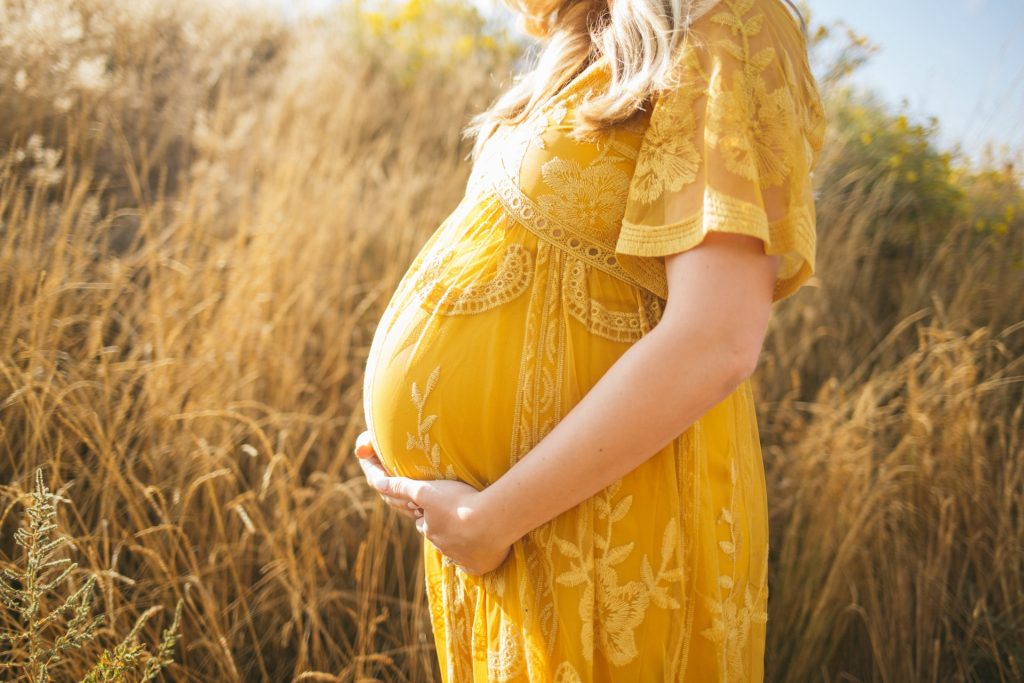
Researchers have found that a World Health Organization (WHO) recommendation to wait at least 24 months to conceive after a previous birth may be unnecessarily long for mothers in high-income countries.
Lead researcher Dr Gizachew Tessema from the Curtin School of Population Health said that since the WHO advice was based on limited evidence from resource-limited countries, it was necessary to check the recommendation in higher-income settings. The researchers’ findings were published in journal PLOS ONE.
“We compared approximately 3 million births from 1.2 million women with at least three children and discovered the risk of adverse birth outcomes after an interpregnancy interval of less than six months was no greater than for those born after an 18-23 month interval,” Dr Tessema said.
“Given that the current recommendations on birth spacing is for a waiting time of at least 18 months to two years after livebirths, our findings are reassuring for families who conceive sooner than this.
“However, we found siblings born after a greater than 60-month interval had an increased risk of adverse birth outcomes.”
Dr Tessema said just as the current WHO recommendations are not age specific, the study’s results were not necessarily equally applicable to parents of all ages.
“Our next step with this research is to identify whether intervals between pregnancies affect the risk of adverse birth outcomes among women of different ages,” Dr Tessema said.
Dr Tessema is a perinatal and reproductive epidemiologist and conducted the study with senior author Professor Gavin Pereira, who are both from the Curtin School of Population Health and the new Curtin enAble Institute.
Source: Curtin University

